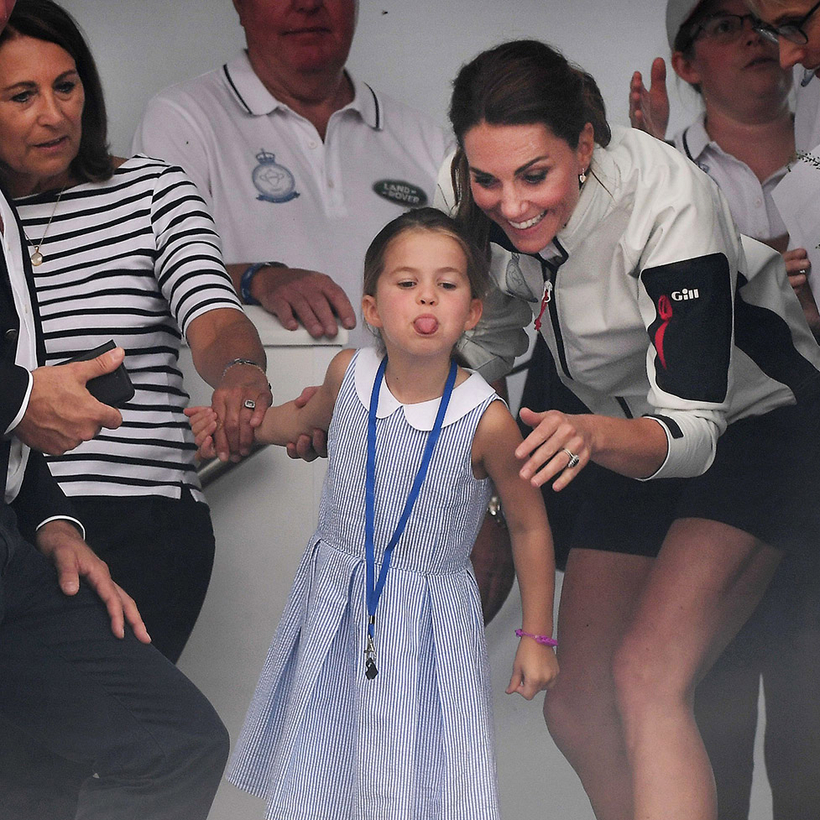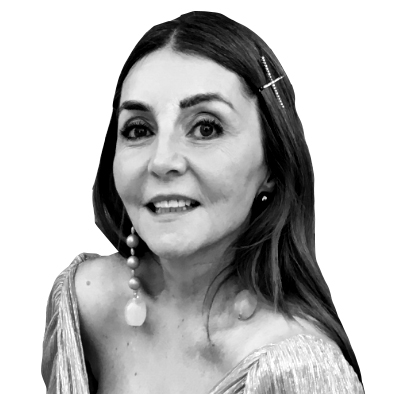The first time I saw Carole Middleton, mother of Kate, Duchess of Cambridge, in the flesh, was on the dance floor at a summer party four years ago. It was two a.m. and she was dancing vigorously with a much younger man. It can’t have escaped his notice that he was throwing shapes with the mother of England’s future queen consort. She made for an arresting sight—tanned and trim, brimming with life, and dressed alluringly, like an elegant French MILF. She looked like she was loving every second, while her more diffident husband, Michael, looked on as he chatted with friends.
What struck me then, and has in subsequent years, is what a hoot she appears to be. There are no airs and graces, but neither is there anything unseemly to her. Yet she is often portrayed in upper-class circles as a pushy Mrs. Bennet, a steely matriarch who has coached her children to behave a certain way in order to achieve the imagined goals she dreamed of while growing up in very different circumstances to the one her family now finds itself in.


